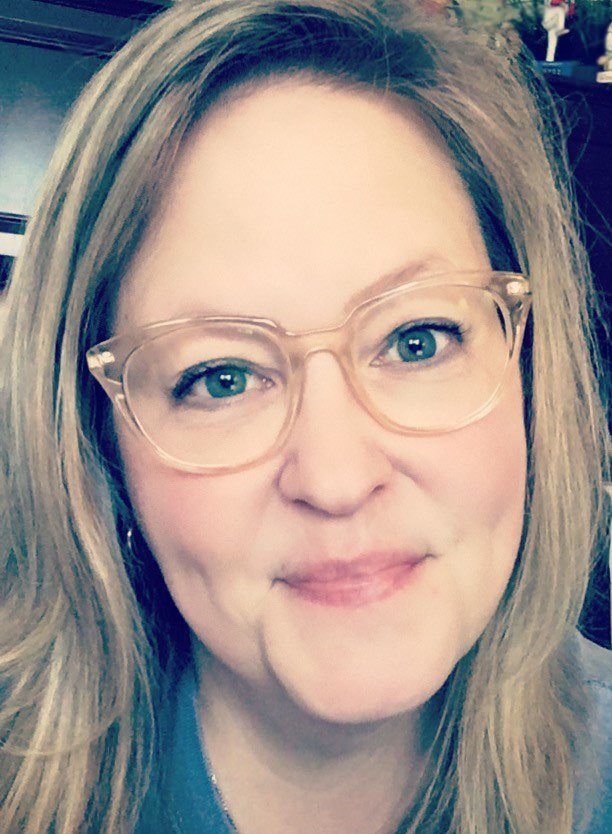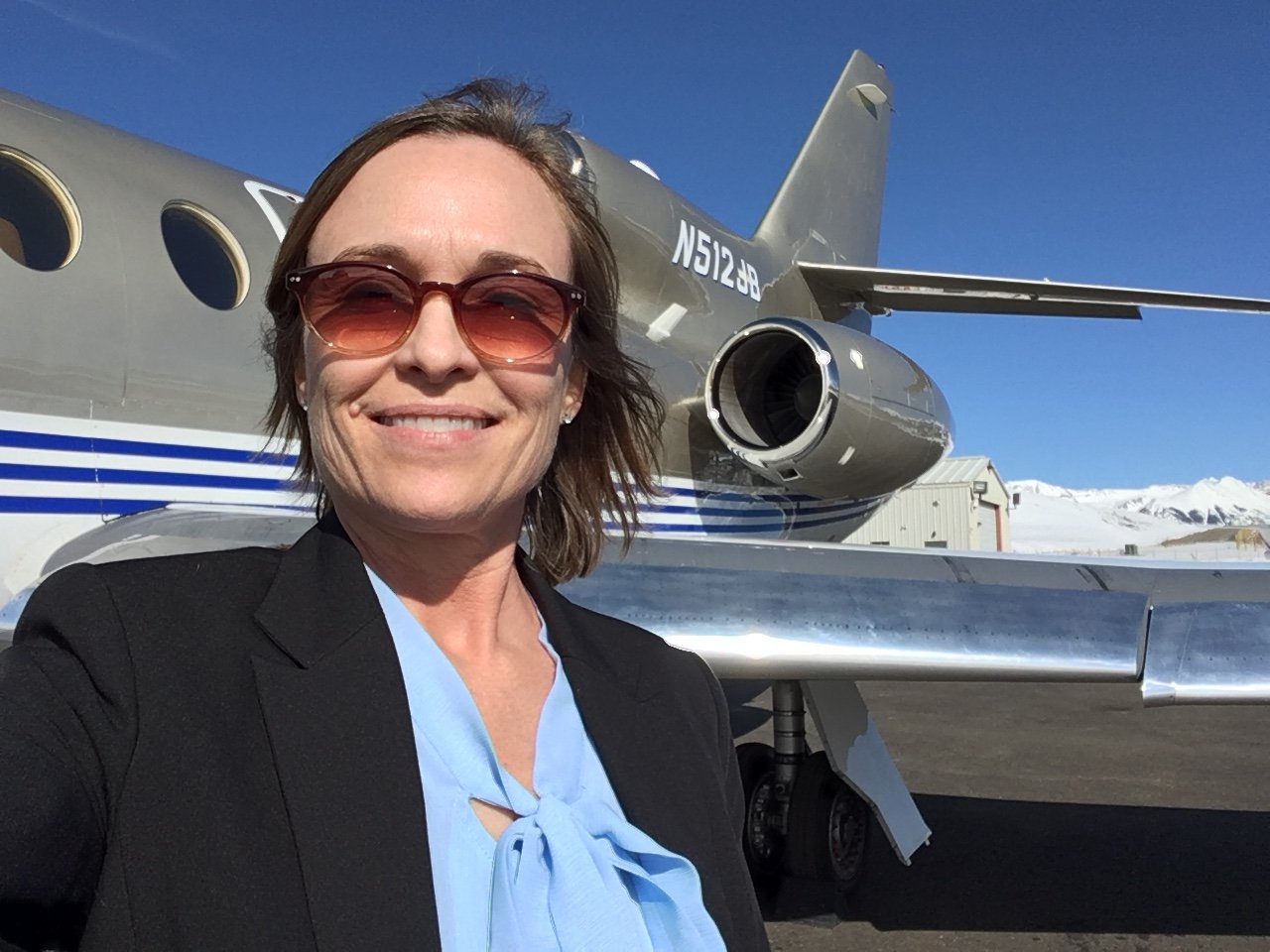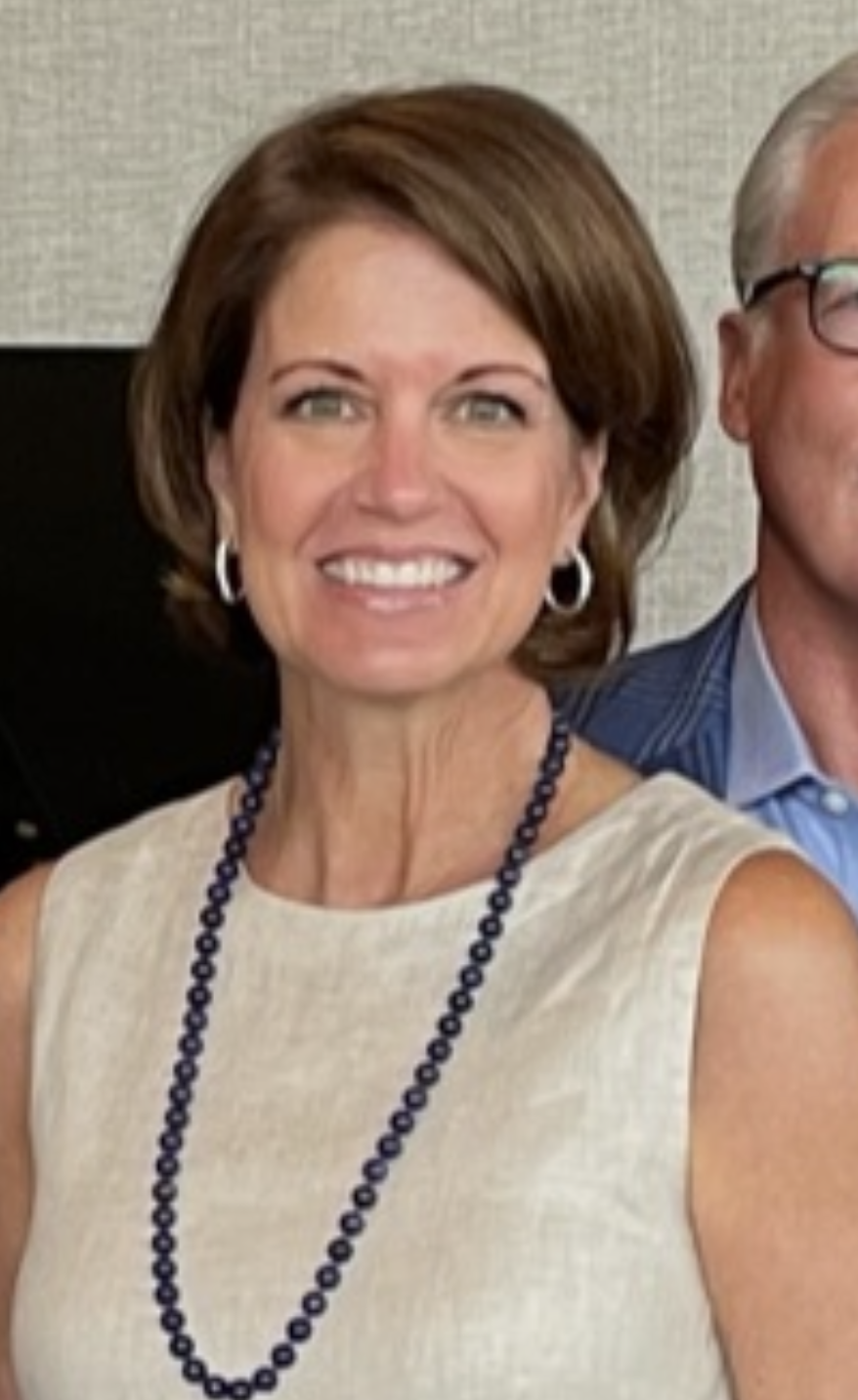1. What made you decide to become a CASA?
I decided to become a CASA to make a difference in the lives of children in Foster Care. Families affected by foster care represent a marginalized population of our community, and the kids suffer despite having no control over their circumstances. I wanted to be able to care for children and their biological families by stepping in and advocating for a child's rights and best interests. Being a CASA has allowed me to know families and be a consistent adult for children whose lives have been turned upside down due to circumstances outside of their control.
2. What is your professional/ volunteer background?
Professionally, I work as a pre-sales engineer for a technology company. I was finding that while I loved my work, I wanted to serve my community as well. I began volunteering as a CASA advocate about 2 years ago in July 2018. Outside of work and CASA, I am married to the sweetest husband (and helping heart) out there, serve with my church, and can often be found spending time with friends, out for a run or munching on an ice cream cone.
3. What advice would you give to someone who is thinking about becoming a CASA?
My biggest advice for someone who is thinking about becoming a CASA is to attend an information session and go for it. It is incredibly rewarding, and you truly have the opportunity to make a difference in the life of a child, biological family members, and foster families. Children with CASAs have significantly higher rates for permanency and reunification. Being a part of a child's life has taught me resilience, strength, and grace in ways that I had not seen or experienced it before.
4. What has been the most challenging part of being a CASA?
The most challenging part of being a CASA is not having full control of the process. We partner with OC-OK, ad litems, foster families, and biological families in advocating for what is best for the child. Just like in any part of life, there can be moments of miscommunication and unforeseen circumstances. Additionally, during this time it is so hard to be interacting solely over Zoom and phone calls.
5. What has been the most rewarding part of being a CASA?
The most rewarding part of being a CASA is seeing the children on your case thrive in their placement and achieve permanency. I am currently the CASA for two different cases, one of which has been open for 2 years. I have formed meaningful relationships with the kids on my case, and they are often asking when we will be able to meet in person again. They have gone from having challenging behavior patterns to achieving great grades in school and passing onto the next grade level. They are thriving socially and are establishing roots after a season of life that was uncertain and scary. I am so incredibly proud of them!
6. Please share a special moment with us about your advocacy work with your CASA kid or on your case?
Like I said above, the most rewarding part of being a CASA is forming relationships. When I call the kids on my case on the phone and they answer with "Hi Miss Catherine! How are you? We miss you!" it feels like the sweetest thing in the world. I had the opportunity to attend a roller-skating birthday party for one of my kids, and we had so much fun and I was able to connect with members of their family. It truly felt like I was a part of their family as well. Additionally, when I am in court and the judge asks for my opinion based on my interactions with the children, I know I am making a difference in their world.
7. Is there anything else you would like to add about yourself or the CASA experience?
I am just another person who had a few extra hours a month and a passion to help kids in foster care. There is nothing that is spectacular about me, but I have experienced so much joy from just saying "yes" and serving an important role in these kids' lives. CASA provided all of the tools, education, and support that I have needed to be successful. Any time that I am running into a wall, or just need someone's advice, I reach out to my amazing CASA specialist, Emily, and she provides the support and expertise to help me.
8. How have you been able to connect with your CASA kids during this time of quarantine? How are you advocating for them during this time? How has it impacted the children on your case?
I have been able to connect with my CASA kids over Zoom, phone calls, and through the mail during quarantine. I have sent cards and a few activities, have chatted on the phone, and worked on family finder activities over Zoom. I have advocated for the kids on my cases by talking to OC-OK case workers, foster parents, attorney ad litems, and potential placement options for my kids. It has looked like a lot of phone calls, emails, and Zoom meetings. Quarantine has affected my kids like any other kid out there! It is hard to be at home all the time and they miss their friends! They have been very resilient, however, despite these circumstances.
CAS Emily Beale said, “The case she is currently on is a severe abuse case. She took it on without question and really hit the ground running once she was assigned. The child has already had three different placements and has only been in care since the end of March 2020. Catherine has stayed with the child through each placement and makes sure to let her know she is still here for her. Catherine is kind, determined, empathetic, and hard working. She builds great rapport with other professionals on the case, and they value her input and ideas for the child and her case. I love working and collaborating with her!”























